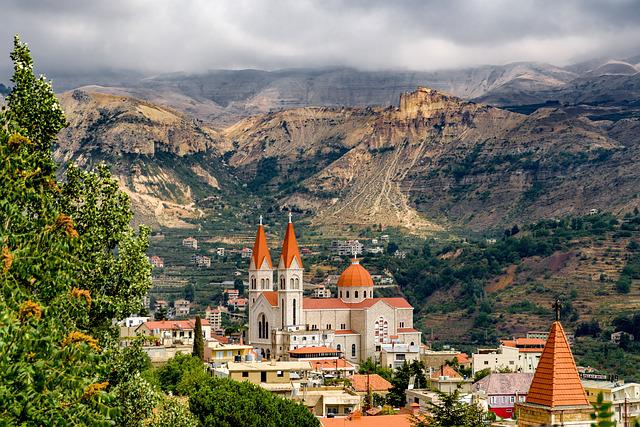What is identity? In In the Name of Identity (Les identités meurtrières), novelist Amin Maalouf offers us his analysis. He sets out to understand why, all over the world, people kill in the name of their identity.

Identity as the sum of feelings of belonging
So, what is identity? It’s what makes me identical to no one else. It’s made up of different feelings of belonging, each uniquely combined. These include class, skin color, religion, language, nationality, country of birth… The individual experiences these distinct feelings of belonging as a whole.
Amin Maalouf notes that we also have to deal with a dual heritage. The vertical heritage is that of our forebears. Our families and friends pass on habits and traditions to us. The horizontal heritage is that of our contemporaries. We live in an era with its own way of life and vision of the world. It’s this heritage that has the greatest impact on our behavior.
Identity is not innate, but acquired. It is “constructed and transformed throughout life”. For example, being born black does not have the same meaning in Zambia as it does in the United States. Religion will not have the same importance in your identity if you grow up in France, Iraq or India. The influence of others is therefore of key importance in the development of identity.
Indeed, this influence is at the root of the perception of feelings of belonging and their hierarchization. Their origin lies in the wounds caused by the differences highlighted by others. We tend to recognize ourselves in the most attacked of our belongings.
Nevertheless, the hierarchy of feelings of belonging can evolve over time. A person who in the ’80s claimed to be primarily Yugoslav may in the ’90s have felt primarily Muslim. Nowadays, he or she is more likely to identify with the Bosnian nation.
Religion and identity
All over the world today, and particularly in the Arab world, men and women are focusing on their religious affiliation.
Religion satisfies two needs: the need for spirituality and the need to belong. But for many, faith is the core of their identity.
This can be explained by the end of communist models in Europe and nationalist models in the Arab world, but also by the fact that the West doubts itself.
The religious paradigm therefore remains the only credible political offering in the Arab world today. As a result, religion has become the key component of identity. Yet this return to religion is a historically limited phenomenon, caused by essentially political factors.
Read also Lucien Poirier’s « Comprehensive Strategy »
“Tribal” concepts of identity
It may be tempting to consider that one belonging dominates all others and imposes itself as identity. However, reducing an individual to an essential identity reduces relations with others to “us” versus “them”. Those who wish to take account of all feelings of belonging are then considered traitors or lukewarm.
When this “tribal” identity is attacked, solidarity sets in among those who share this sense of belonging. The conviction of self-defense takes root in communities where only the most determined leaders can make themselves heard. This is the mechanism that leads to identity-based violence and deadly identities.
Globalization and identity
These identity-related relationships are exacerbated by globalization. Globalization is characterized by the faster circulation of knowledge than its creation. Humanity is therefore moving towards a globalized society that is less and less differentiated. We have more and more things in common, and this encourages us to assert our diversity.
It is also accompanied by anxiety about sudden change. Recourse to identity enhancement is a response to this anxiety. In short, the more self-confident and dynamic a society is, the more capable it will be of opening up to others. The more it feels at risk, the more it will protect itself with its identity reflex.
In this context, the relationship of non-Western societies to progress encourages such a withdrawal reflex. Indeed, modernity is associated with the conquering West. Accepting it means abandoning a part of one’s identity, such as ancestral know-how. When modernity bears the mark of the other, archaism becomes a banner.
*
Ultimately, what is identity, according to Amin Maalouf? An individual’s identity lies in the sum of his or her feelings of belonging. These feelings are acquired, not innate. Globalization is exacerbating them, in response to societal standardization and the rapid spread of new knowledge.
Reducing identity to an essential sense of belonging is a mechanism that brings strong political gains, but also proves particularly dangerous. Only the acceptance of others in all the dimensions of their identity will enable dialogue, and hence criticism.
Read also Ares and Athena, Gods of War
